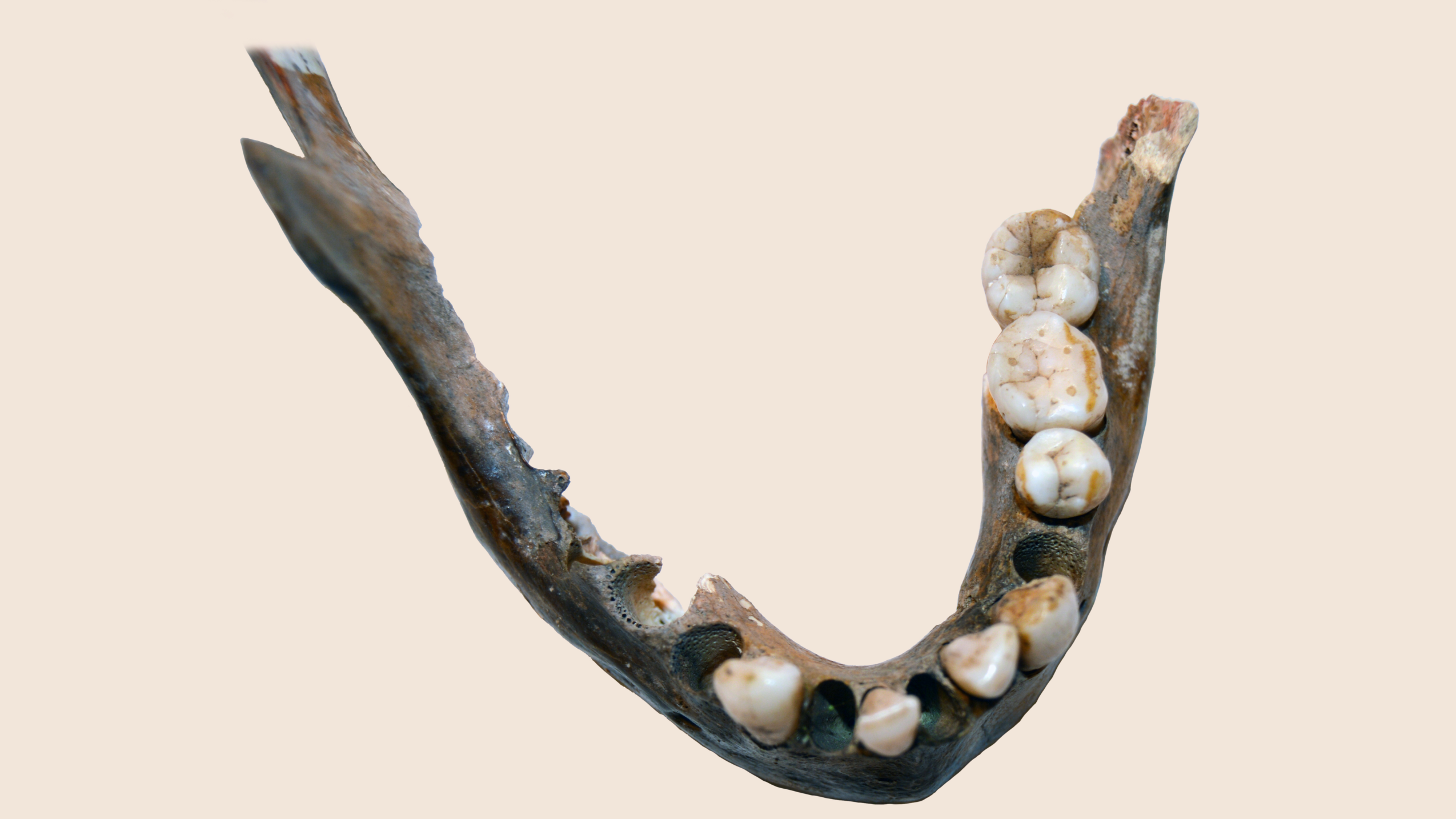Bursts of Physical Activity, Including Sex, Can Raise Heart Attack Risk
Climbing a few flights of stairs or having sex can increase the risk of heart attack, especially if you're not used to exercising, according to a new review of studies.
Short bursts of physical activity , called "episodic physical activity," can increase the risk of having a heart attack by 3.5 times, said researcher Dr. Issa Dahabreh, a research associate at Tufts Medical Center in Boston.
"The idea is that there's an effect [on heart attack risk] from physical or sexual activity that lasts while the individual is doing it, and lasts one to two hours until after it's completed," Dahabreh told MyHealthNewsDaily.
However, the study examined only short-term risk of heart attack that is, the risk of having a heart attack while doing the brief physical activity, compared with the risk of heart attack all other times of the day, he said.
That means the absolute risk the overall risk of having a heart attack is still very small and mainly dependent on your heart health, he added.
"There's an increase [in risk] while you're doing the activity, compared to times you're not doing it ," Dahabreh said. "But because the activities are relatively rare, once in a daily routine, and because their effect is transient just one to two hours, overall they cannot have a big effect on an individual's [overall] risk" of heart attack.
Dahabreh and his colleague Jessica K. Paulus, of Tufts University and the Harvard School of Public Health, conducted a review of 14 studies that examined the effects of episodic physical activity and sexual activity on cardiac events.
Get the world’s most fascinating discoveries delivered straight to your inbox.
Episodic physical activity increased the risk of heart attack by 3.5 times and sexual activity increased the risk by 2.7 times, according to the study.
However, the study showed that regular exercise decreased the risk of heart attack. People lowered their risk of having a heart attack triggered by episodic physical activity by 45 percent and their risk of sudden cardiac death by 30 percent with each additional time per week that they exercised.
"This might be because habitual activity levels ... are a marker for being generally fit and healthy," Dahabreh said.
The study will be published in this week's issue of the Journal of the American Medical Association.
Pass it on: Short bursts of physical activity can increase your heart attack risk, but that risk goes down if you're a habitual exerciser.
- Beyond Vegetables and Exercise: 5 Ways to be Heart Healthy
- 7 Surprising Health Benefits of Dog Ownership
- 7 Cancers You Can Ward Off with Exercise
Follow MyHealthNewsDaily staff writer Amanda Chan on Twitter @AmandaLChan.

